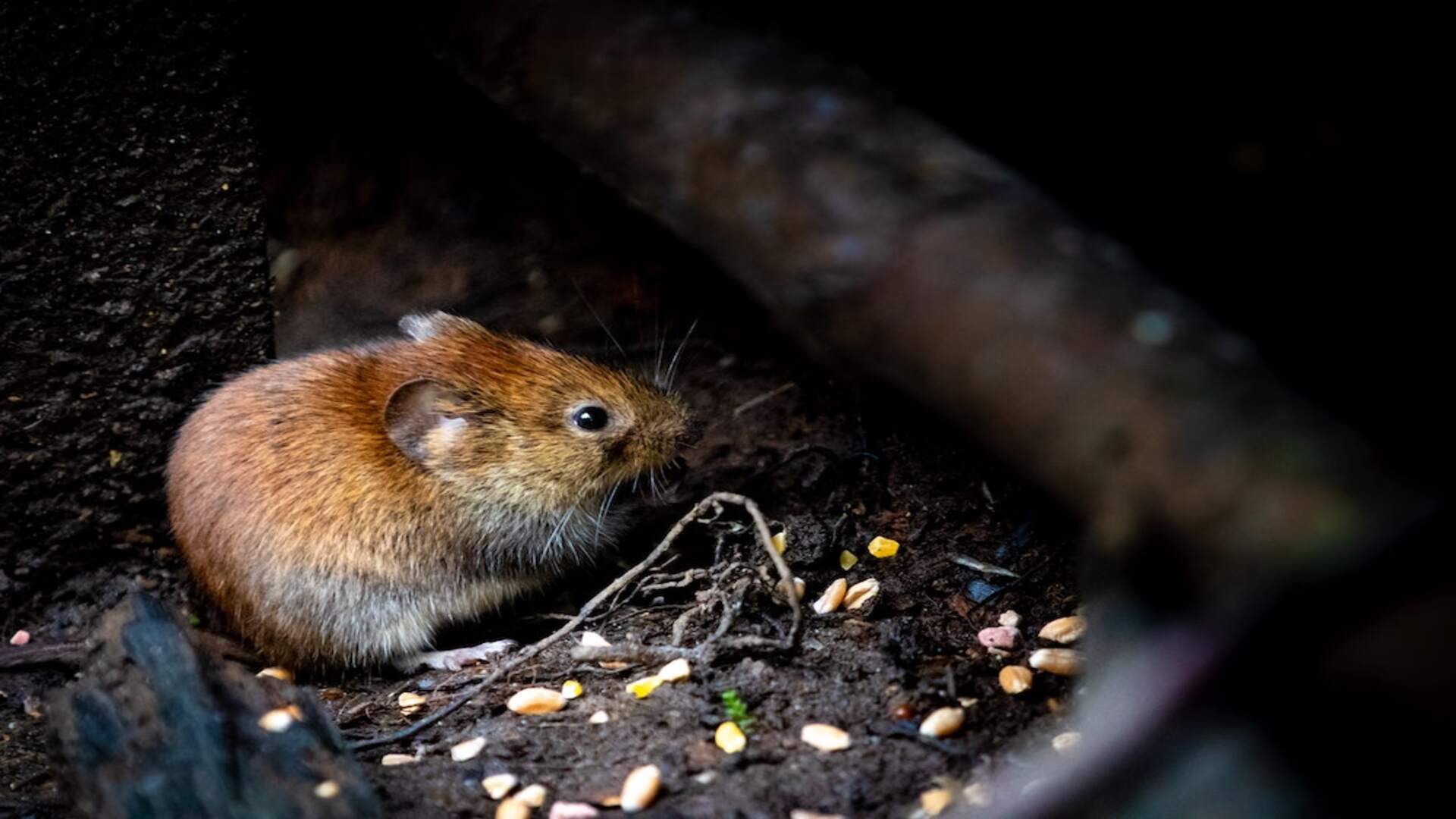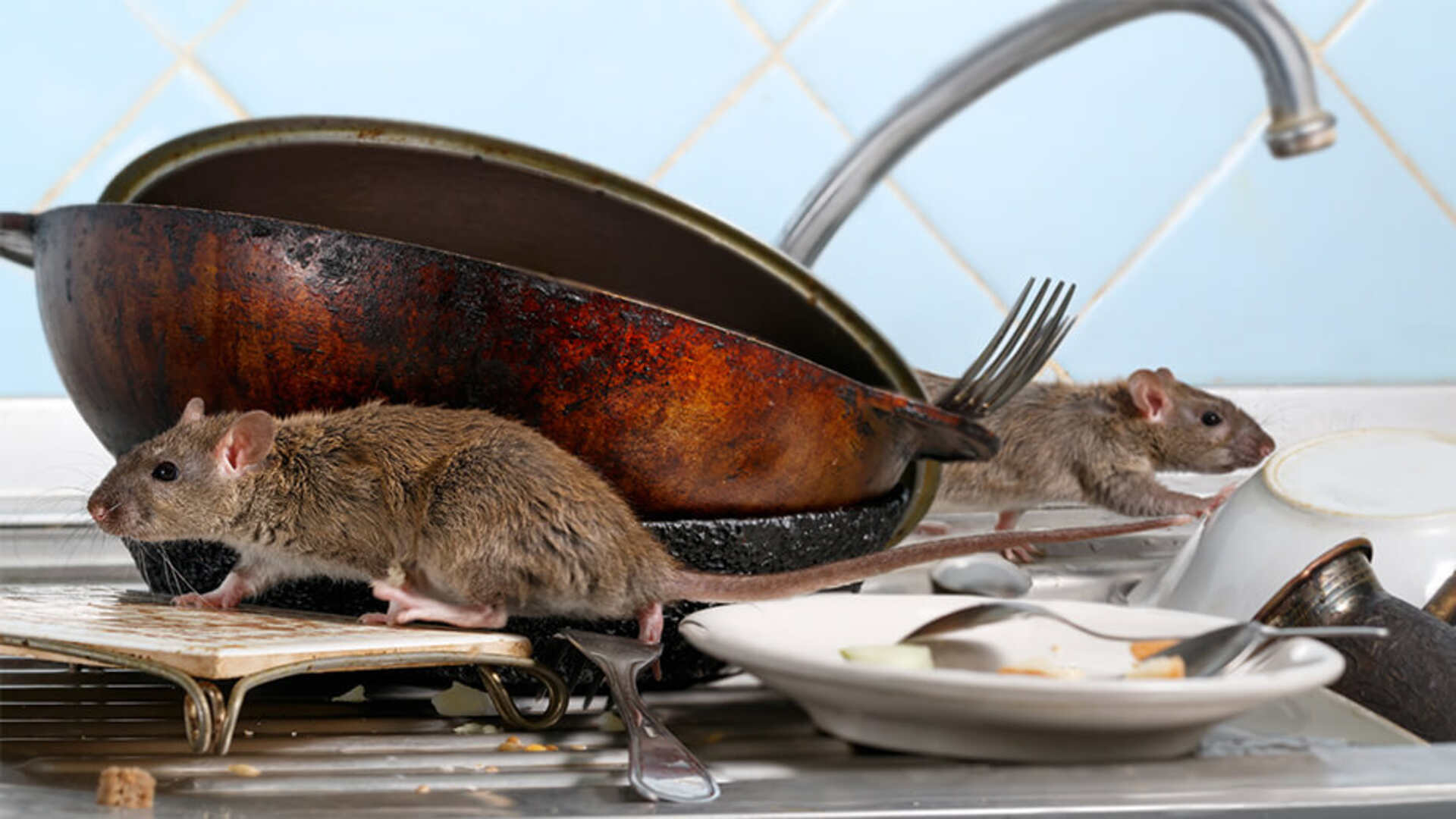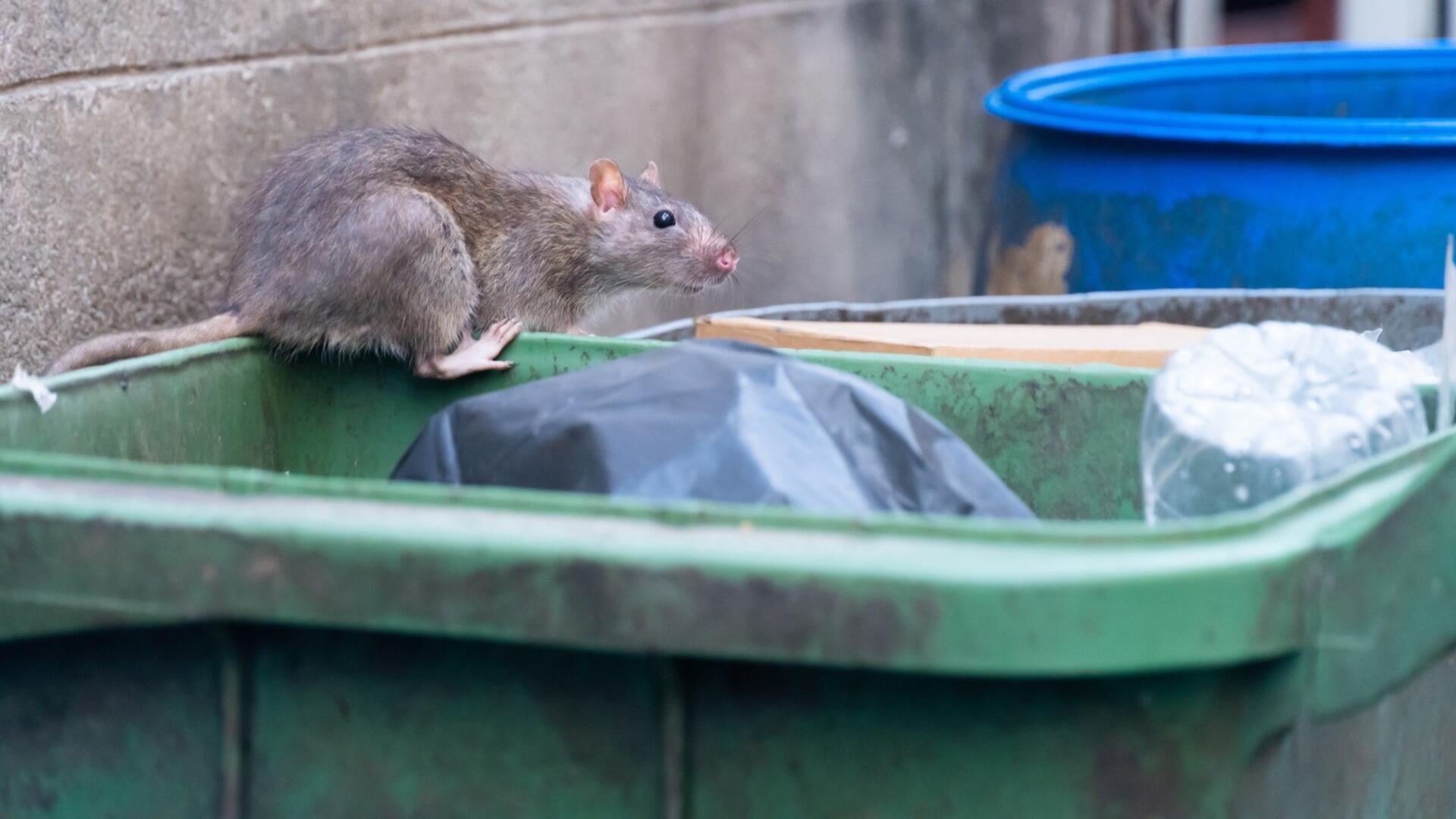Rodents are common household pests capable of invading your home year-round. Their resourcefulness and persistence often leave homeowners surprised at how easily they gain access. Understanding how rodents enter your home and implementing preventative measures can help protect your living space from an infestation.
In this guide, we will give insights into how rodents get into your home, the common entry points for rodents and effective strategies to keep them out.






How Do Rodents Get into My Home?
Rodents are incredibly adept at infiltrating homes, using even the smallest openings to gain access. Recognizing these entry points is essential to prevent an infestation and keep your living space rodent-free. Cracks in Walls and Foundations Small cracks in walls and foundations, especially in basements or crawl spaces, are frequently used by rodents to enter homes. These tiny openings, often unnoticed, are enough for them to squeeze through. Regularly inspecting and sealing these cracks can deter entry. Gaps Around Doors and Windows Rodents often exploit gaps around doors and windows, particularly during colder months when they seek warmth. Adding weatherstripping and ensuring door sweeps are intact can effectively block these entryways. Attic Vents and Chimneys Attic vents and chimneys provide direct pathways into homes for climbing rodents like rats and squirrels. Installing mesh screens over vents and chimney caps can prevent their entry while maintaining proper ventilation. Gaps Around Pipes and Utilities Small spaces around plumbing, utility lines, and cables serve as convenient access points for rodents. Sealing these gaps with steel wool or caulk creates a barrier, reducing the chances of infiltration. Visit our Species, Control, and DIY Guide sections for additional resources on rodents and ways to tackle a rodent infestation.Why Do Rodents Enter Homes?
Rodents are often drawn to homes by easily accessible food and water sources. Kitchens, pantries, and trash cans provide ideal feeding spots for these pests, especially when crumbs, spills, or pet dishes are left unattended. Keep your food in airtight containers, promptly cleaning up spills, and ensuring trash cans have tight-fitting lids are essential steps to reduce their attraction. During colder months, rodents actively seek warm environments like attics, basements, and walls. These areas provide shelter and warmth, making them prime targets for infestation. To prevent entry, inspect these spaces for cracks, gaps, and other vulnerabilities, sealing them effectively and ensuring windows and doors are securely closed.

Not getting a solution?
Get your free pest control estimate today!Early Signs of a Rodent Infestation
Being aware of the early signs of a rodent infestation can help prevent a larger problem. Check out for droppings, gnaw marks on furniture or wires, and scratching noises, especially at night. Greasy marks along walls and nests made from shredded materials like paper or fabric are also common indicators.Is DIY Rodent Control Enough?
DIY methods like traps and bait may work for minor infestations but are often insufficient for larger problems. Rodents breed quickly and can evade capture, causing infestations to escalate. Additionally, improper use of poisons can endanger pets and children. For widespread infestations or hard-to-locate nests, professional pest control services provide thorough, long-term solutions to eliminate rodents and prevent their return. Our team can provide a customized approach to protect your home effectively.





